- Home
- Health Condition
Medicine For Peptic Ulcer
Medicine For Peptic Ulcer
- Total Items (1288)
 RX
RXOzole 20 mg Capsule 20's
₹48
MRP ₹64
25% off
 RX
RXRzole-20 Tablet 10's
₹78.40
MRP ₹104.50
25% off
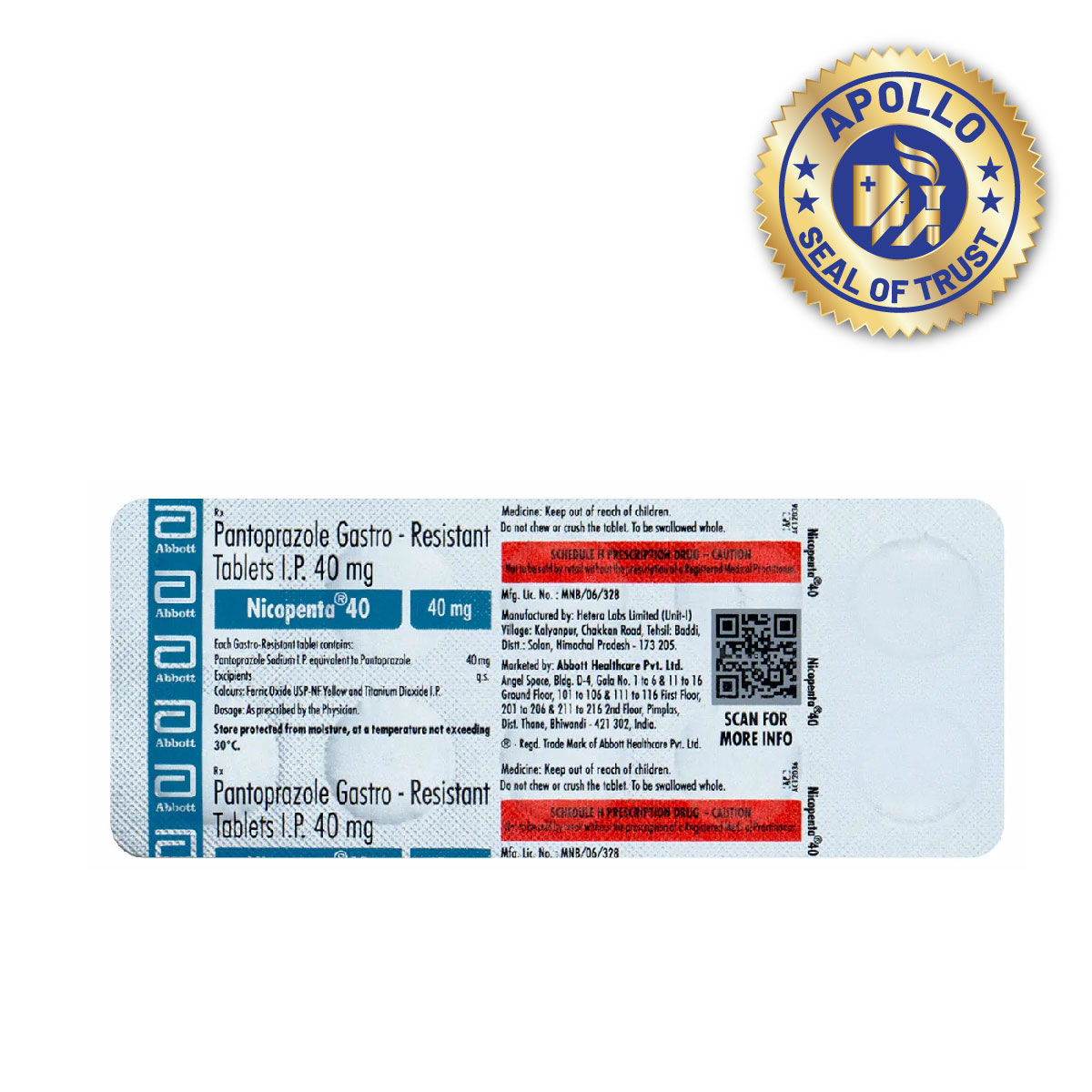 RX
RXNicopenta 40 Tablet 10's
₹113.60
MRP ₹151.50
25% off
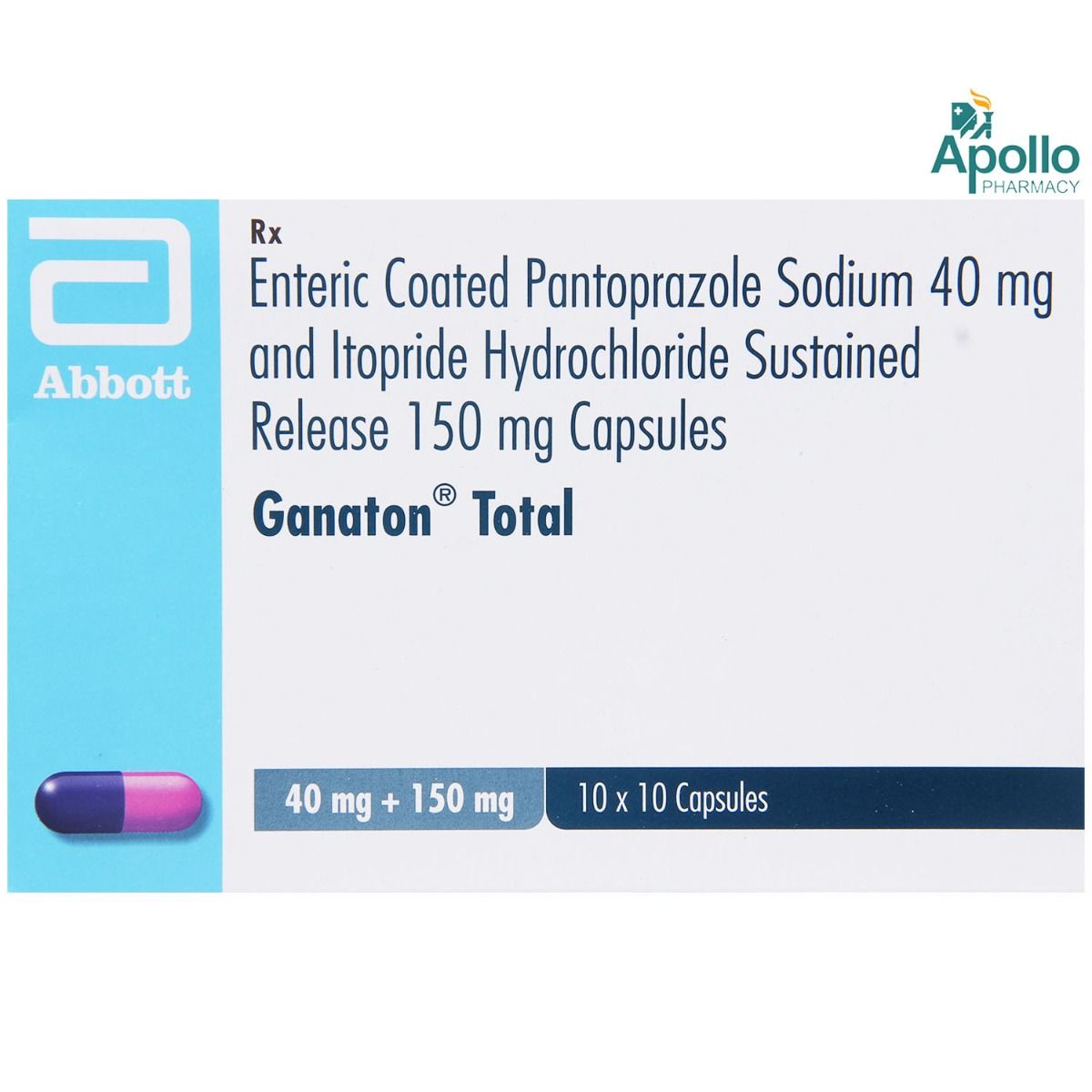 RX
RXGanaton Total Capsule 10's
₹460.40
MRP ₹511.50
10% off
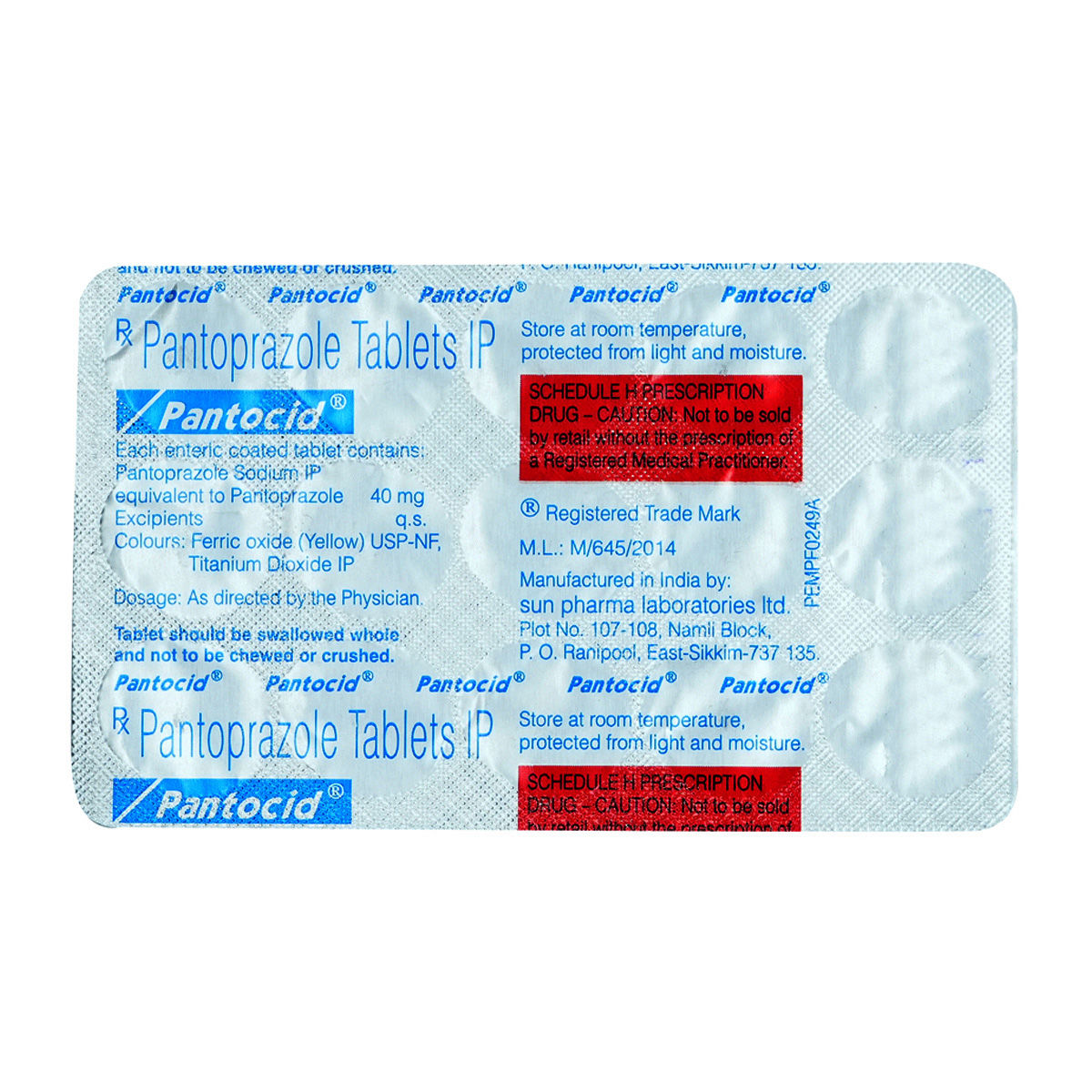 RX
RXPantocid Tablet 15's
₹174.20
MRP ₹193.50
10% off
 RX
RXPantocid DSR Capsule 15's
₹220.10
MRP ₹244.50
10% off
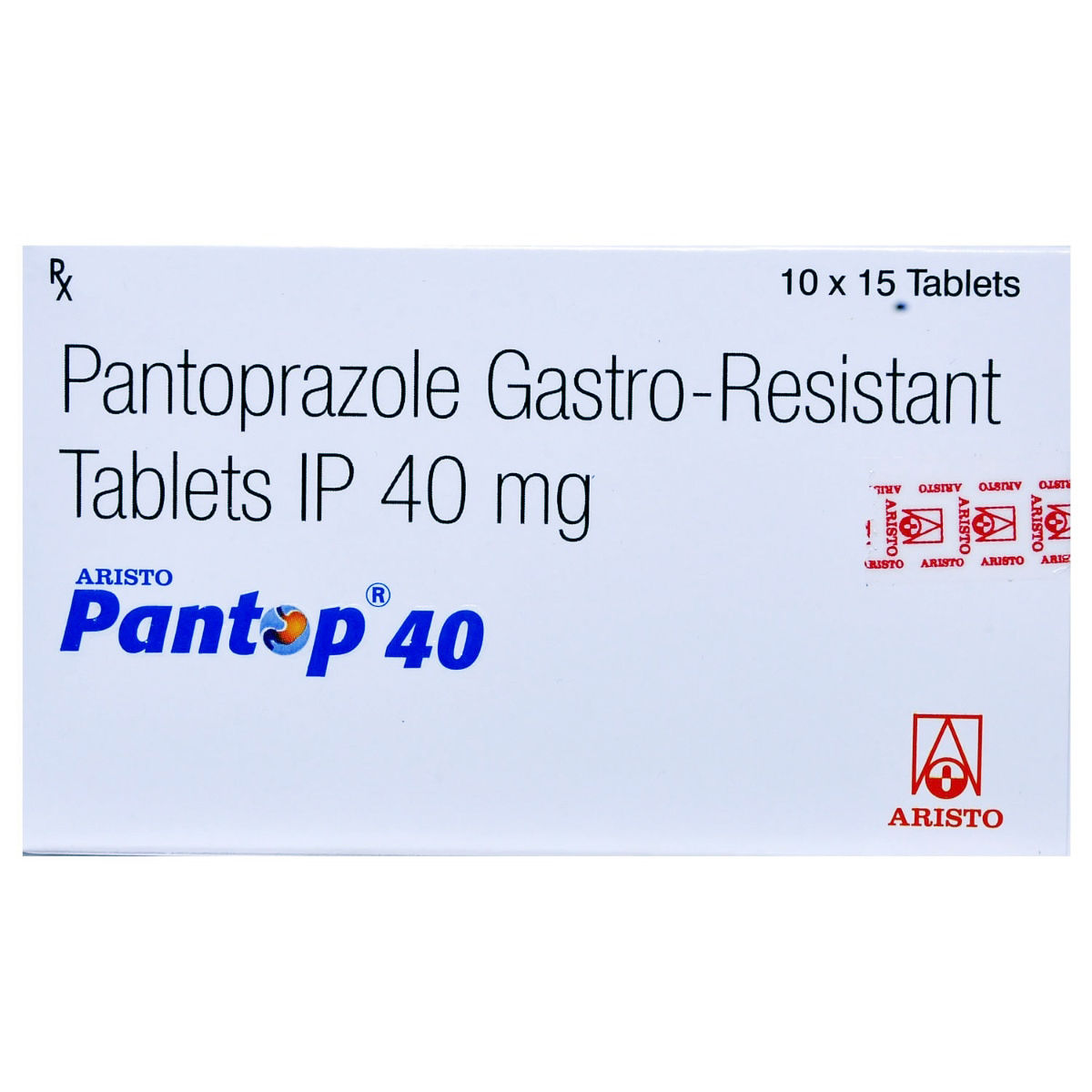 RX
RXPantop 40 Tablet 15's
₹169.50
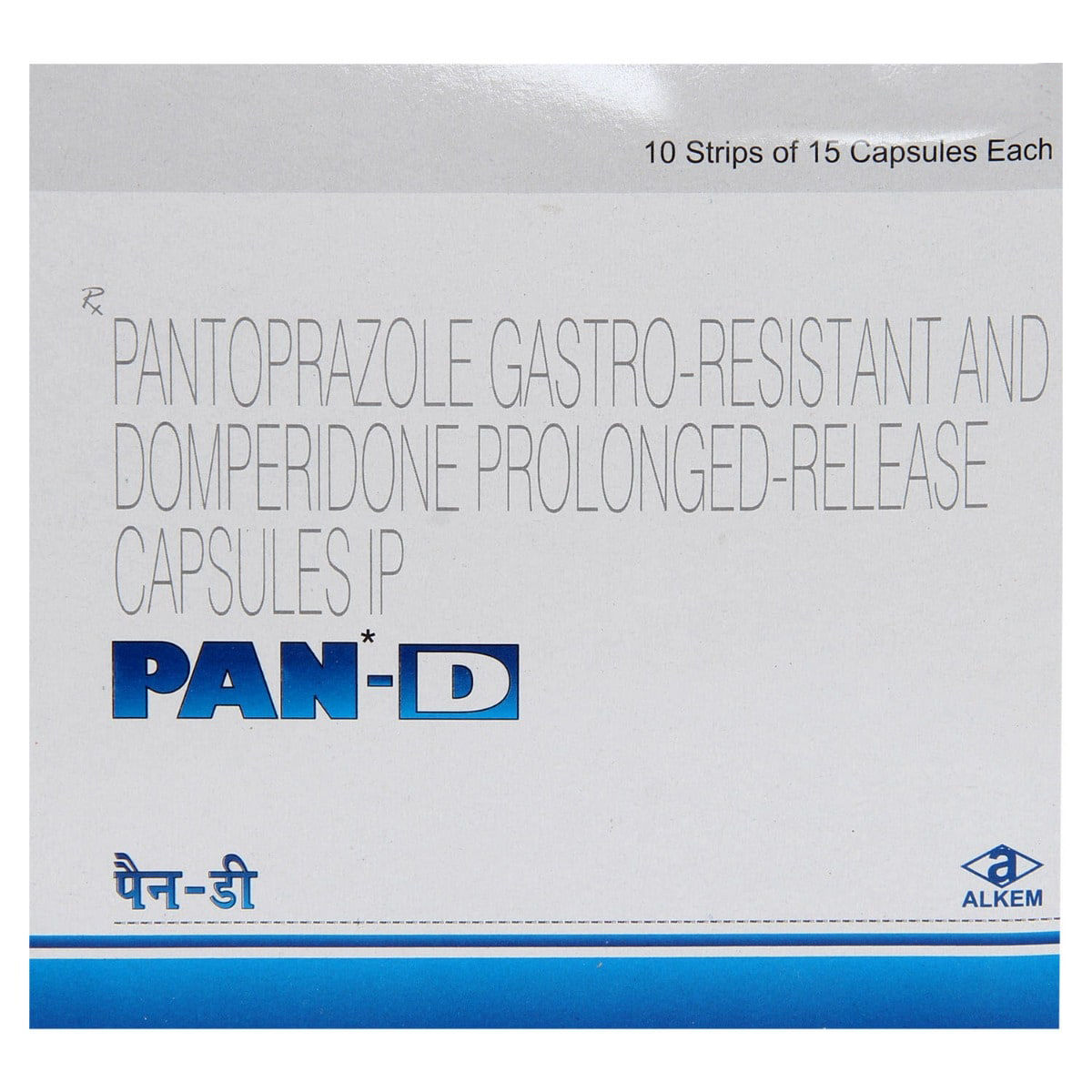 RX
RXPan-D Capsule 15's
₹228.20
MRP ₹253.50
10% off
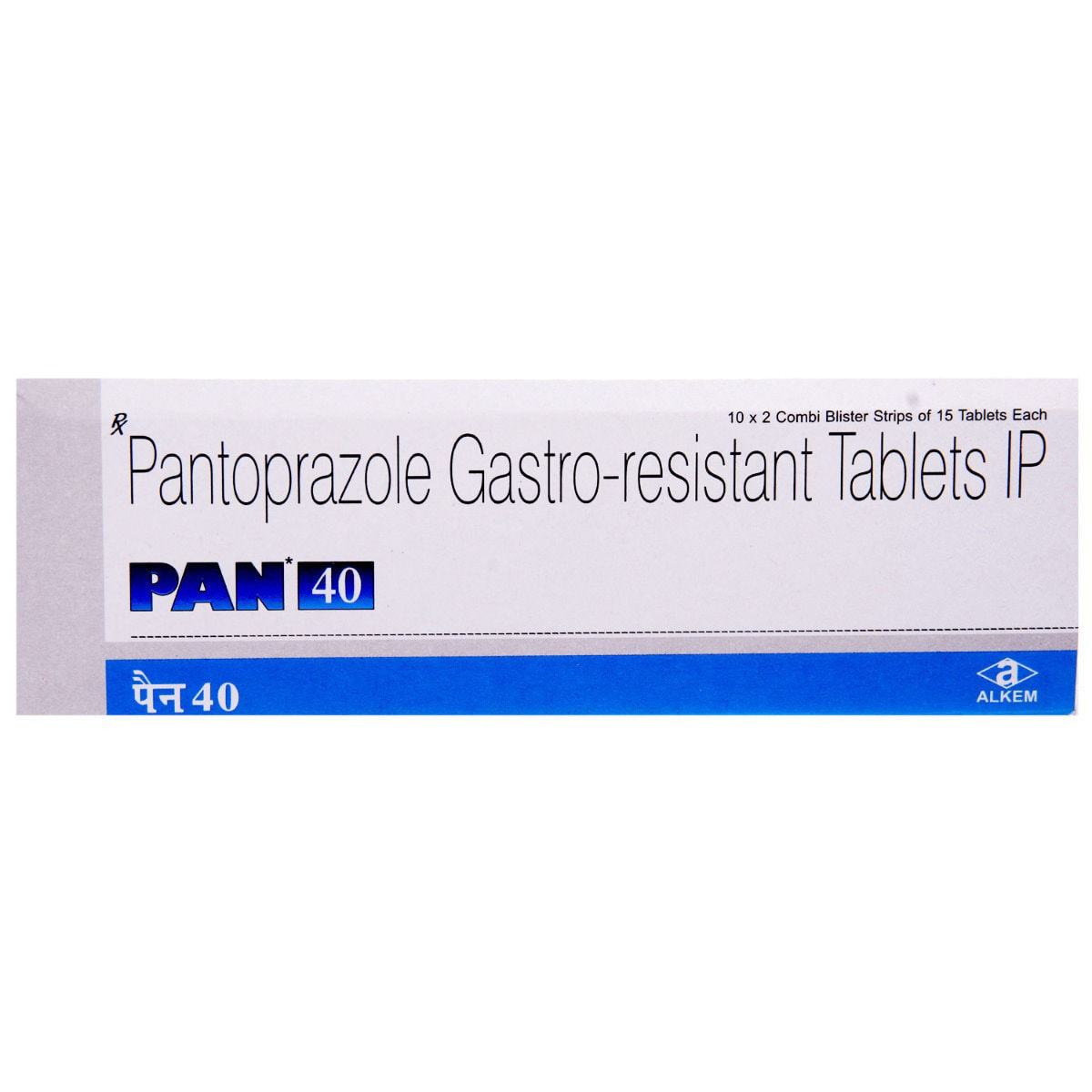 RX
RXPAN 40 Tablet 15's
₹167.90
MRP ₹186.50
10% off
 RX
RXRazo-20 Tablet 15's
₹240.30
MRP ₹267
10% off
 RX
RXPantocid IT Capsule 10's
₹331.20
MRP ₹368
10% off
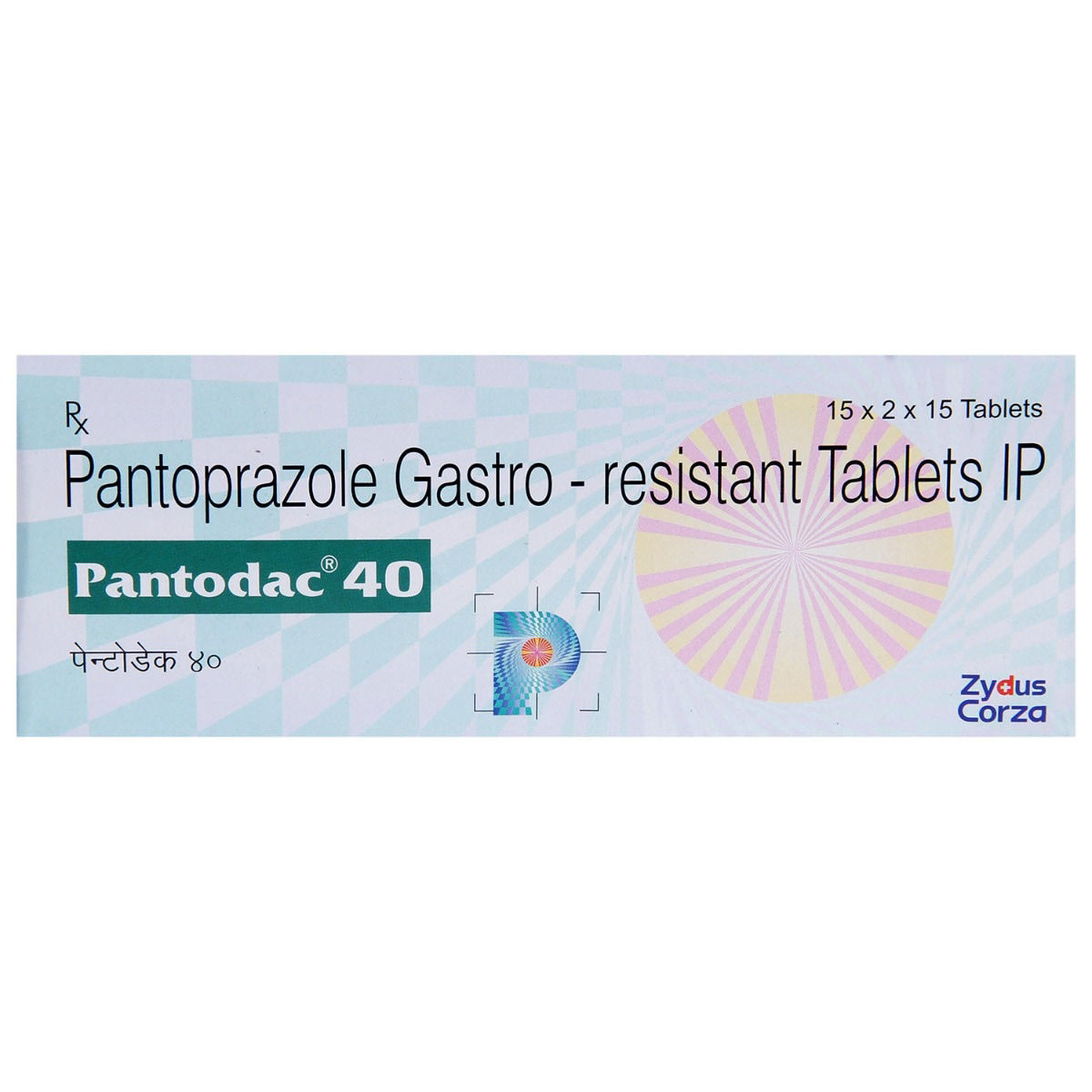 RX
RXPantodac 40 mg Tablet 15's
₹215.60
MRP ₹239.50
10% off
 RX
RXNew Pantosec DSR Capsule 10's
₹113.60
MRP ₹151.50
25% off
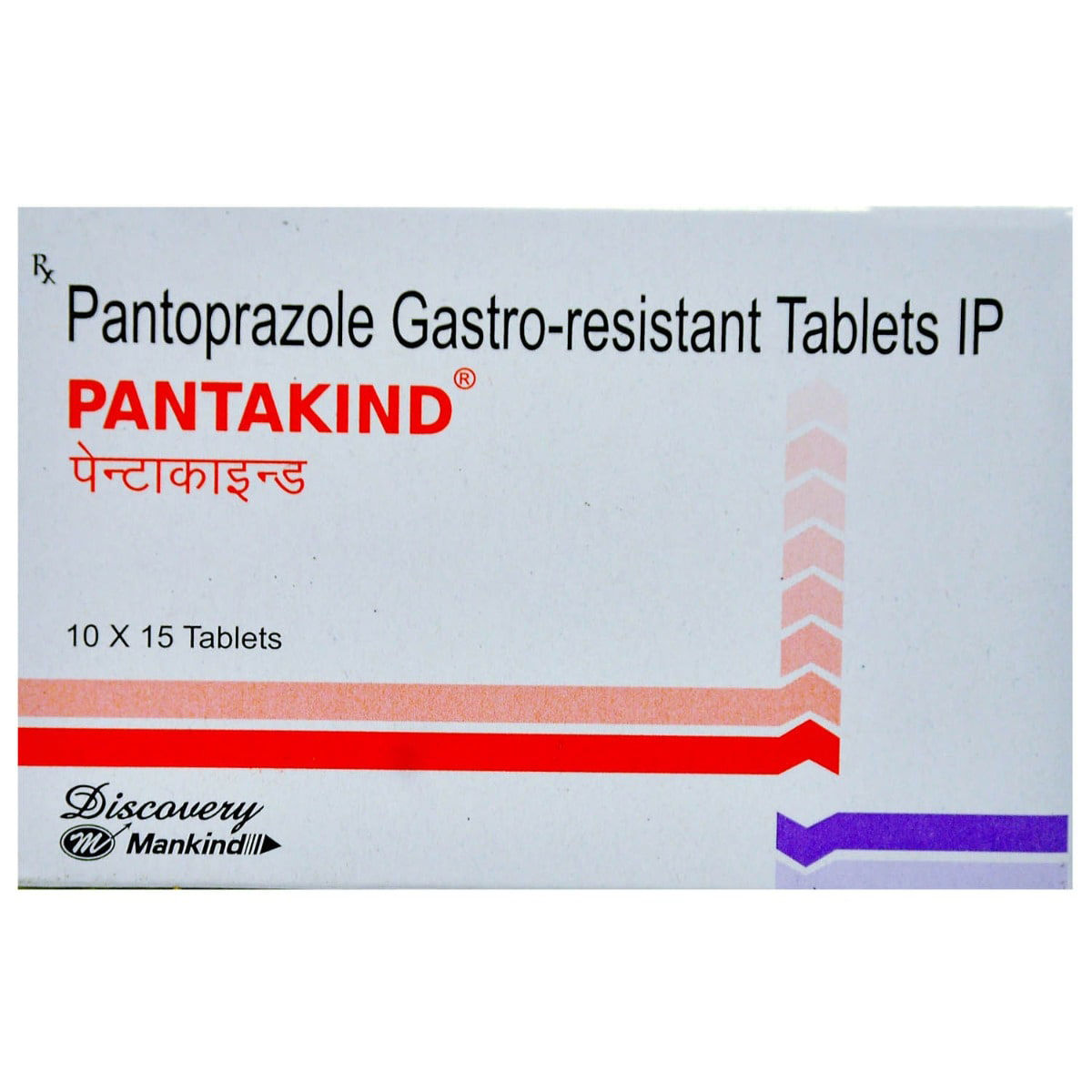 RX
RXPantakind Tablet 15's
₹76.10
MRP ₹84.50
10% off
 RX
RXPantodac DSR Capsule 15's
₹273.60
MRP ₹304
10% off
 RX
RXPantocid L Capsule 10's
₹261
MRP ₹290
10% off
 RX
RXRantac 150 Tablet 30's
₹48.60
MRP ₹54
10% off
 RX
RXVeloz-20 Tablet 15's
₹191.30
MRP ₹212.50
10% off
 RX
RXRablet 20 mg Tablet 15's
₹187.70
MRP ₹208.50
10% off
 RX
RXPantosec 40 mg Tablet 10's
₹118.10
MRP ₹157.50
25% off
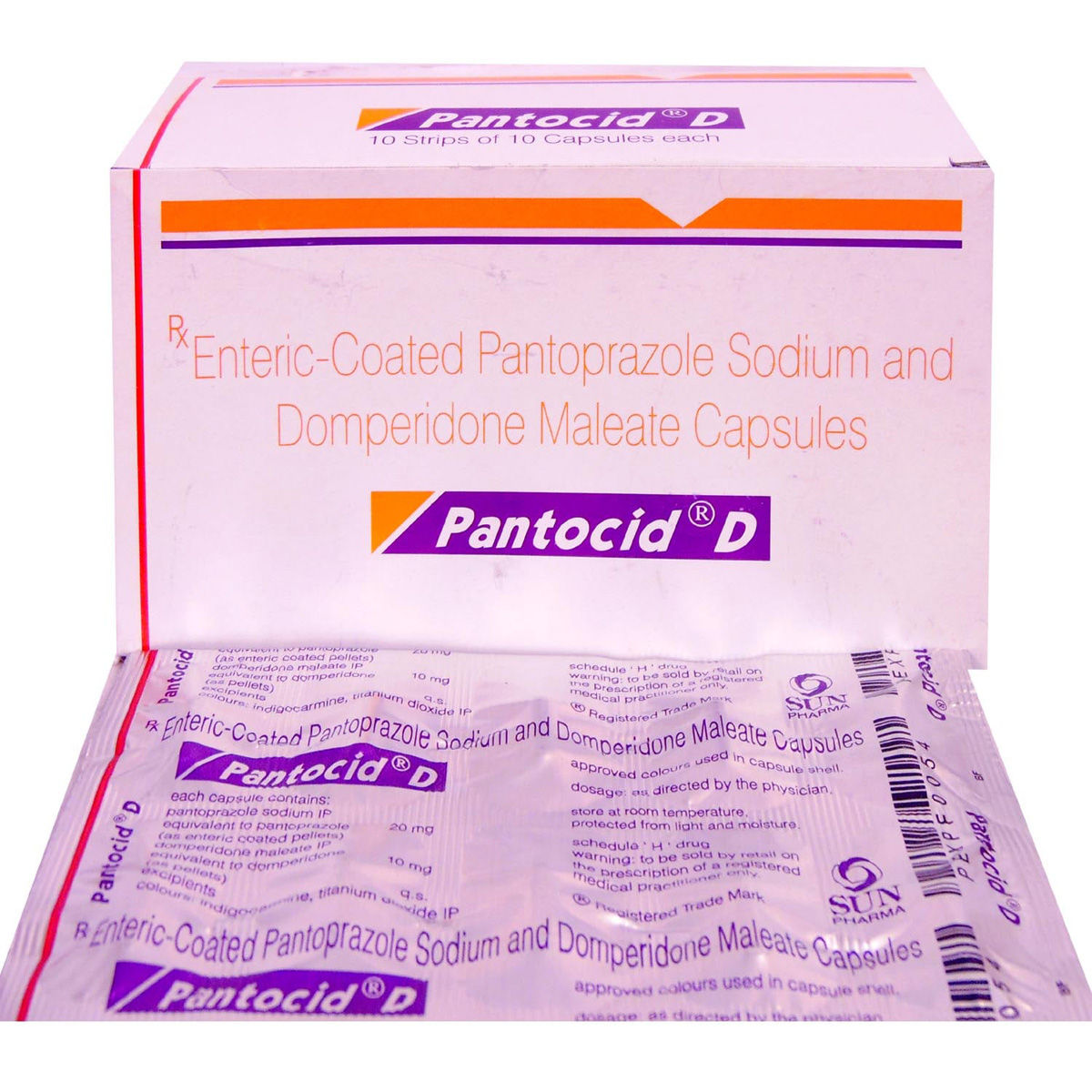 RX
RXPantocid D Capsule 10's
₹117.90
MRP ₹131
10% off
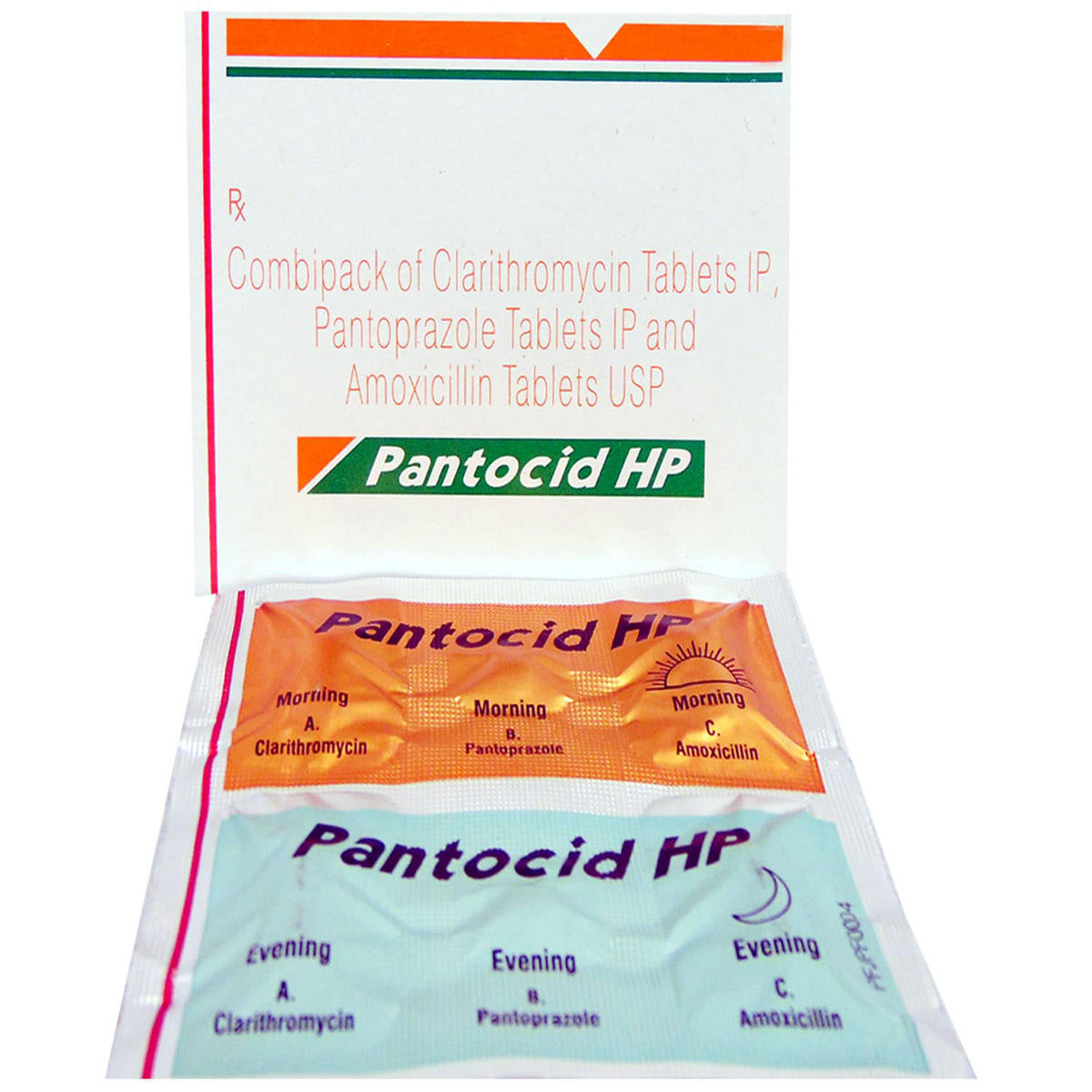 RX
RXPantocid HP Combipack 6's
₹215.10
MRP ₹239
10% off
 RX
RXPantakind-DSR Capsule 10's
₹108.50
MRP ₹120.50
10% off
Medicine for Peptic Ulcer
A peptic ulcer is a painful condition where open sores or ulcers develop on the inner lining of the stomach, small intestine, or oesophagus. This can result in discomfort and pain, often exacerbated by eating. Peptic ulcers are primarily caused by infection with Helicobacter pylori (H. pylori) bacteria or the prolonged use of nonsteroidal anti-inflammatory drugs (NSAIDs). Other factors, such as stress and excessive alcohol consumption, can also contribute to their formation. Peptic ulcers are treatable; with the right medication, symptoms can be managed, and healing can occur.
Types of Medicines Used for Peptic Ulcer
Peptic ulcer treatment involves several categories of medications, each serving a different purpose: reducing stomach acid, healing the ulcer, or eradicating the bacteria causing the ulcer. These medicines fall into the following categories:
1. Proton Pump Inhibitors (PPIs)
Proton pump inhibitors are one of the most commonly prescribed medicines for peptic ulcers. They work by significantly reducing stomach acid production, allowing the ulcer to heal. PPIs include medications like omeprazole and pantoprazole.
2. H2-Receptor Antagonists
These medicines also reduce stomach acid, but they do so differently from PPIs. They block histamine from triggering the production of stomach acid. Examples include ranitidine and famotidine.
3. Antibiotics
If an H. pylori infection causes your peptic ulcer, antibiotics will be necessary to eradicate the bacteria. Common antibiotics used in peptic ulcer treatment include clarithromycin, amoxicillin, and metronidazole.
4. Antacids
Antacids help neutralise stomach acid, offering quick relief from the discomfort caused by peptic ulcers. They are often used as a temporary solution to alleviate symptoms. Examples include magnesium hydroxide and aluminium hydroxide.
5. Cytoprotective Agents
These medicines protect the lining of the stomach and intestines, promoting healing and reducing irritation caused by stomach acid. Sucralfate is a well-known cytoprotective agent used to treat peptic ulcers.
6. Bismuth Subsalicylate
This medication can be used as part of a combination therapy to treat H. pylori infection. It works by protecting the ulcerated area from stomach acid and has mild antibacterial effects.
Benefits of Using Medicine for Peptic Ulcer
Proper treatment for peptic ulcers offers several benefits that not only provide immediate relief from pain but also help prevent further complications:
- Faster Healing: Medications, particularly PPIs and H2-receptor antagonists, help promote faster healing by reducing stomach acid and allowing the ulcer to heal naturally.
- Symptom Relief: Antacids and proton pump inhibitors effectively reduce the burning sensation and discomfort that accompany peptic ulcers.
- Prevention of Recurrence: For ulcers caused by H. pylori infection, a full course of antibiotics can help prevent the recurrence of ulcers by eradicating the bacteria.
- Prevention of Complications: Treating ulcers early can prevent more serious complications, such as bleeding, perforation, or gastric cancer.
- Improved Quality of Life: With the proper medication, patients can experience a significant reduction in ulcer symptoms, leading to improved daily functioning and overall well-being.
Dosage & Usage Instructions for Medicine for Peptic Ulcer
For effective treatment of peptic ulcers, it's important to follow the dosage and usage instructions provided by your healthcare provider. Here are general guidelines for commonly used medicines:
- Proton Pump Inhibitors (PPIs) like omeprazole should typically be taken once daily before meals, often in the morning. The dosage may vary depending on the severity of the ulcer and whether the treatment is for an H. pylori infection.
- H2-Receptor Antagonists like ranitidine are usually taken twice a day—once in the morning and once before bedtime. Ensure you complete the full course, even if symptoms subside earlier.
- Antibiotics for H. pylori eradication must be taken according to the prescribed combination. This often includes a regimen of amoxicillin and clarithromycin taken twice daily for 7 to 14 days.
- Antacids provide quick relief and can be taken as needed, usually after meals or before bedtime. However, they should not replace other medications prescribed for long-term ulcer healing.
- Sucralfate is typically taken on an empty stomach before meals. The dosage will depend on your specific condition and the doctor’s recommendations.
To prevent the ulcer from returning, it's essential to complete the full course of treatment as prescribed, even if symptoms improve.
Buy Medicines for Peptic Ulcer Online at Apollo 24|7
For convenience and peace of mind, you can now purchase medicines for peptic ulcers online through trusted pharmacies like Apollo 24|7. Apollo Pharmacy offers a wide range of treatments for peptic ulcers, including PPIs, antibiotics, antacids, and cytoprotective agents. Ordering online means having your medications delivered directly to your home, saving time and ensuring you never run out of essential treatments.
Simply visit the Apollo 24|7 website, select the medicines you need, and enjoy easy, secure ordering with doorstep delivery.
Frequently asked questions
The most effective medicine for peptic ulcer depends on the cause. If an H. pylori infection causes the ulcer, a combination of antibiotics and PPIs is typically the best approach. If the ulcer is caused by excessive acid, PPIs or H2-receptor antagonists are effective.
Some over-the-counter medications, such as antacids and H2-receptor antagonists, can be purchased without a prescription. However, more potent treatments, such as antibiotics or PPIs, require a prescription.
Relief from symptoms can occur within a few days of starting treatment. However, depending on the severity and the treatment regimen, the ulcer may take several weeks to heal fully.
Like all medications, those used for peptic ulcers may have side effects, including nausea, headaches, and digestive disturbances. If side effects are severe or persistent, contact your healthcare provider.
Yes, lifestyle changes such as avoiding spicy foods, reducing stress, quitting smoking, and limiting alcohol intake can complement your treatment and help prevent ulcer recurrence.

